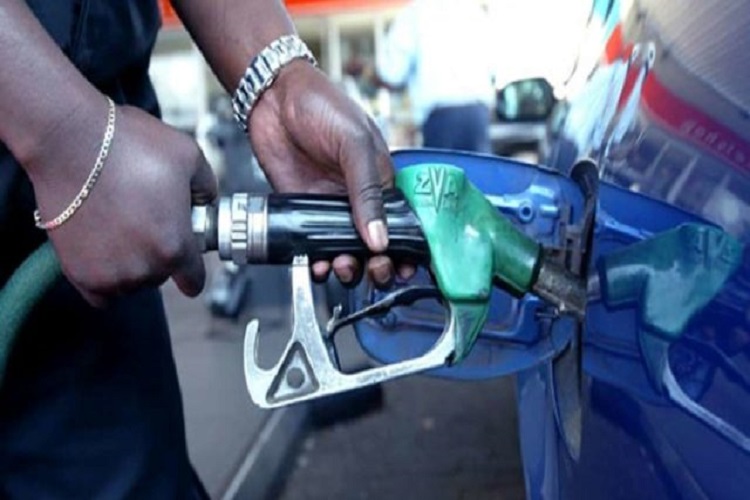
Petroleum and Natural Gas Senior Staff Association of Nigeria (PENGASSAN) says the average daily premium motor spirit (PMS) consumption in Nigeria is 60 million litres per day.
The Deputy President of the association, Comrade Owan Abua, disclosed this at the House of Representatives investigating a hearing on the actual daily consumption of PMS in the country.
Comrade Abua explained that the figure was arrived at using Truck-Out from Depots as a yardstick for the estimation, while consumption was estimated from the average of actual Truck-Out volumes from coastal Depots in 2021 and adjusted for population and GDP growth rates.
He also said that the population increase index of 3.2 per cent and GDP rate of 2.7 per cent was used to arrive at the estimated consumption rate.
” A total of 14 million litre of AGO (diesel), 0.74 million litre of DPK/HHK (Kerosene) and 3 million litres of ATK (aviation fuel) are consumed daily in the country.
On its part, the Nigeria Customs Service (NCS) put the total volume of PMS imported into the country between 2015 and June 2022 at about 2,380,814,974.418 metric tonnes in 3,703 vessels, while 876,801,931.515 metric tonnes of PMS in 1,296 vessels were exported within the period.
The President of Nigeria Labour Congress (NLC), Comrade Ayuba Wabba who kicked against the removal of fuel subsidy argued that the volume of PMS claimed to be imported into the country is much higher than what is actually imported and by extension much bigger than the national consumption capacity.
Comrade Wabba, who was represented by NLC’s Head of Information, Comrade Benson Ukpa maintained that the frequent increase in the pump price of petroleum products is the presumption that Nigeria imports volumes of refined PMS for its internal consumption and the subsidy on this volume is so huge that it is killing the economy.
According to him, subsidies on the imported volume should be totally removed in order to free up resources for the development of the critical sectors of the economy.
RN






